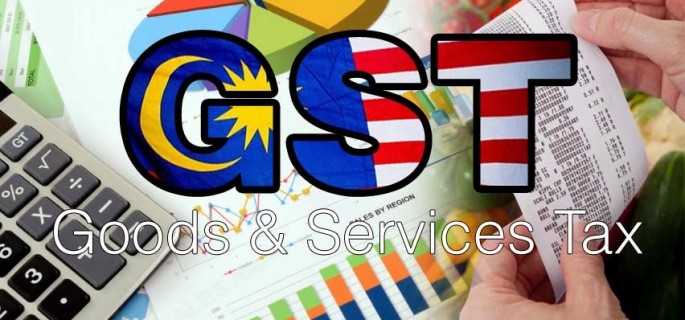Optimize Your Savings with the most effective GST Registration Services in Singapore
Optimize Your Savings with the most effective GST Registration Services in Singapore
Blog Article
From Beginning To End: The Ultimate Roadmap to GST Enrollment for Companies Looking For Financial Stability
Navigating the intricacies of Item and Provider Tax Obligation (GST) registration is a crucial step for companies striving for financial security. From recognizing the essential concepts of GST to conforming with post-registration guidelines, the process can appear daunting in the beginning look. Nevertheless, damaging down the roadmap right into workable actions can improve the enrollment trip for organizations seeking to boost their financial standing. Let's explore the important elements that make up this supreme roadmap and uncover just how each phase adds to laying a solid foundation for monetary success.
Understanding GST Basics
Delving right into the fundamental principles of Product and Services Tax (GST) is necessary for getting an extensive understanding of its effects on services and the economy. Input Tax Credit Rating (ITC) is a substantial function of GST, allowing services to declare credit history for taxes paid on inputs, decreasing the overall tax concern. Understanding the fundamentals of GST is critical for companies to comply with tax policies, manage their financial resources successfully, and add to the country's economic growth by taking part in a transparent tax obligation system.
Eligibility Requirements for Registration
To sign up for GST, organizations need to meet details qualification standards established by the government. The primary qualification demand is that any type of company associated with the supply of goods or services with an annual accumulation turnover above the threshold restriction set by the authorities should sign up for GST. Since the present regulations, the threshold restriction for GST enrollment is an annual aggregate turnover of 40 lakhs for companies running within a state, besides special category states where the limit is 20 lakhs. In addition, particular organizations are required to register for GST irrespective of their turnover, such as interstate vendors, casual taxable individuals, and companies liable to pay tax obligation under the reverse cost system. It is critical for services to completely examine their turnover and purchase types to determine their GST enrollment obligations precisely. Failure to sign up for GST when eligible can cause fines and lawful consequences, making it vital for services to stick to the specified eligibility standards.
Records Needed for Enrollment
Having actually met the qualification criteria for GST enrollment, businesses need to now ensure they have the requisite papers in area to proceed with the registration process successfully. The papers needed for GST enrollment typically include evidence of organization constitution, such as partnership act, enrollment certificate, or unification certificate for various kinds of companies. Furthermore, companies need to give files developing the primary area of organization, such as a rental contract or power bill. PAN card of business, along with the identification and address proof of promoters/partners/directors, are important for verification functions. Savings account declarations, in addition to terminated cheques or a duplicate of the financial institution passbook, are called for to verify the financial information given throughout enrollment. Moreover, businesses have to have electronic trademarks all set for the licensed notary. Making sure all these documents are arranged and readily available will accelerate the GST registration procedure, making it possible for businesses to abide by tax regulations perfectly.
Step-by-Step Enrollment Process
Beginning the GST registration procedure includes a series click here now of structured steps to make certain a seamless and compliant registration for companies. The very first step is to go to the GST portal and fill in the enrollment form with accurate details of business entity. Following this, the applicant obtains a Temporary Recommendation Number (TRN) which is used to resume the application procedure if it's not completed in one go.
Next, all needed records as per the checklist supplied by the GST portal requirement to be posted. These papers generally consist of proof of business registration, address and identity evidence of marketers, financial statements, and company entity's frying pan card.

Post-Registration Compliance Standards

Verdict
Finally, businesses looking for economic security should comprehend the basics of GST, meet eligibility criteria, collect essential documents, comply with the detailed registration process, and follow post-registration standards - description Best GST registration services in Singapore. By sticking to these actions, companies can make certain conformity with tax obligation guidelines and maintain monetary stability over time
Additionally, particular organizations are called for to register for GST regardless of their turnover, such as interstate distributors, casual taxable individuals, and businesses accountable to pay tax obligation under the reverse cost system.Having fulfilled the eligibility criteria for GST registration, businesses have to now guarantee they have the requisite papers in location to continue with the registration process efficiently. The papers needed for GST registration usually consist of evidence of company constitution, such as partnership deed, enrollment certification, or consolidation certificate for various types of organizations. In addition, businesses require to give documents developing the major place of company, such as a rental contract or electrical energy expense.Starting the GST registration procedure involves a series of organized actions to ensure a smooth and compliant registration for businesses.
Report this page